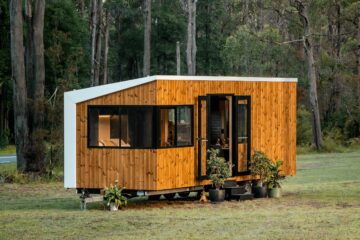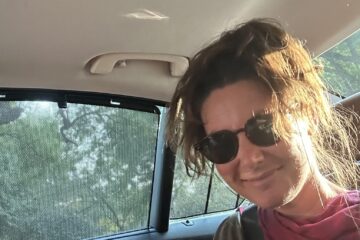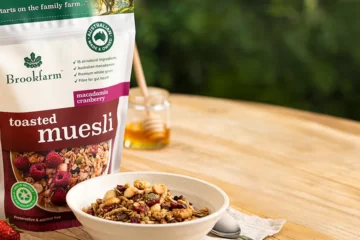Why Choose a Plastic Bee Hive?
A Hive Haven plastic bee hive will not decay, fracture, swell, flake, mould, or attract woodworms.
Alright, so plastic has a poor reputation. However, there are occasions when it’s advantageous.
So, when is a plastic bee hive advantageous?
Well, it’s advantageous when it provides bees with a lengthy lifespan, when it’s used for insulating the hive and has good airflow. Good plastic can be composted, recycled, or recyclable.
Our hives are manufactured from three primary components, which consist of a combination of compostable, recycled, recyclable, and virgin plastics. We are a supplier of plastic bee hives. We responsibly source our raw materials whenever possible and support Australian manufacturing by obtaining them locally.
The three primary components are the Coloured Fittings, The Shade Sail, and the Hexagonal Base.
Using a compostable bioplastic, derived from renewable resources like plant sugars, known as PLA (Polylactide), the coloured fittings and internal food-grade honey collection container are 3D printed right here at Hive Haven by Jeff. plastic-bee-hives-Shade-Sail
The Shade Sail
The shade sail is made from recycled plastic like milk bottles, known as HDPE (High-Density Polyethylene) plastic. It can withstand both fresh and saltwater and can be recycled, making it the ideal material for a plastic bee hive.
The main assembly, the hexagon box base, is UV stabilised. The outer part is made from a recycled blend, and the inner part is made from 100% recycled plastic. The entire Hive is 95% recycled plastic based on weight.
A Sustainable Future
At Hive Haven, we value the development of a commercial and sustainable future for the Australian native bee.
Our vision is to care for bees in the best possible manner while supporting our local economy. We endorse sustainable commercial bee farming methods that enhance the potential survival of bee species.
Our objective is to raise awareness of this endangered species. We are collaborating with our community to provide long-term pollination for food crops facing climate change. We are the most sustainable suppliers of native bee plastic bee hives in Australia.
Sweet Dreams
In 2011, Ann and Jeff Ross discovered a colony of European honeybees had established a residence in the wall of their mechanical workshop in Beerburrum. Coming from a family of apiarists, Jeff coaxed the bees into a box, and before long, he was nurturing a small backyard apiary. Shortly after, Ann officially registered Hive Haven I and decided to invest in eight Australian native bee colonies to accompany Jeff’s growing honeybee apiary.
The heatwaves of 2014 in southeast Queensland devastated both the European honeybee and stingless native bee colonies. Beerburrum was no exception. Ann lost her eight native bee hives, which was very distressing.
In June 2015, a concept hexagonal stingless bee box was showcased at various locations around the Sunshine Coast. This allowed people, including native beekeepers, scientists, and engineers, to contribute valuable knowledge. Every idea helped in creating our prized solution, The Native Bee Hive. Ann and Jeff express their gratitude to everyone for their generous support.
Our Community
We donate 10% of gross sales from Hive Haven Native Bee Honey and our Seeds For Bees towards the provision of stingless native bee hives for schools, retirement villages, and public spaces.
During our early years, we were fortunate to collaborate with scientists and engineers. We received tremendous moral support from the Innovation Centre Sunshine Coast and the Sunshine Coast University. During those years, we were generously granted various trial sites to refine and perfect our unique bee hive. It warms our hearts to have received so much encouragement, and we will be forever grateful to the Sunshine Coast Community and everyone involved in our journey.
As a social enterprise, we employ commercial strategies to enhance the well-being of our community and the environment. We evaluate our worth based on the social and environmental benefits we provide, as well as our financial sustainability.


